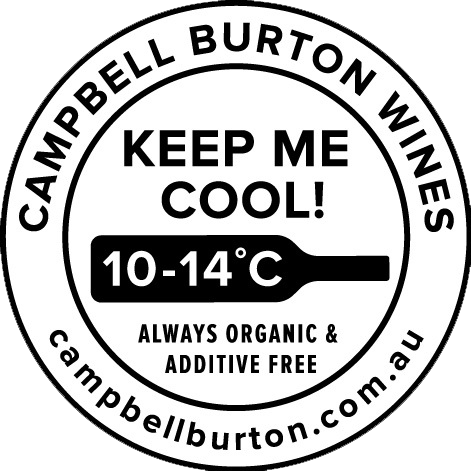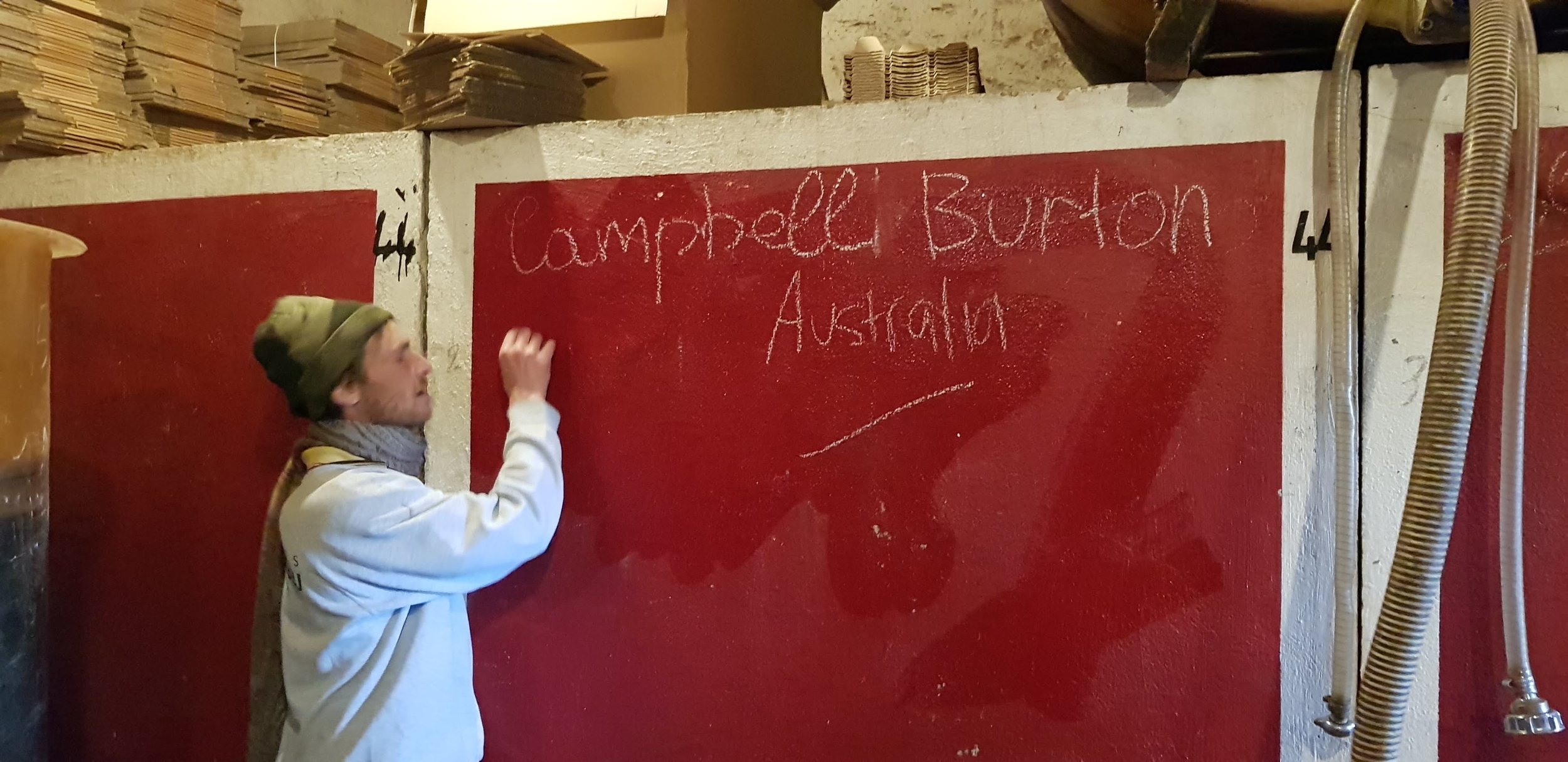Benoit Camus
One of the great mystery men of Beaujolais, Benoit Camus has been quietly tinkering away with his five hectares in the south of Beaujolais for nearly 20 years.
Having worked in vineyards since he was a teenager, Benoit started his own project in 2006 and today farms eight parcels spread across the village of Ville-sur-Jarnioux.
For the best part, through pure modesty, Benoit has elected to sell much of his wine to Phillipe Jambon’s negotiant label and has keep his favourite cuvees and tanks for his own minute production. As such, his own wines have gained a mythical status — extremely hard to find and extremely enjoyable when you do manage to find one. His 2011 gamay that he sold to Phillippe Jambon was an infamous hit - strikingly pure, precise and fresh. Happily, Benoit also farms a small parcel of chardonnay and the wines from here are exquisite, albeit even rarer.
The terroir here in the south is largely influenced by limestone and we find gamay grown on this argilo-calcaire mix can be intoxicatingly delicious.
Benoit’s winemaking is painstakingly slow and careful. Perfect fruit is fermented in concrete tank, usually as whole bunches then pressed after he deems the time is right. The reds go in to bottle roughly ten months following harvest.
Benoit works the vineyards alone and lives in a caravan hidden way in his Chateau Roulant parcel.
Ville-sur-Jarnioux, Beaujolais
Information on previous wines
-
Gamay from vines up to 60 years old from parcels planted around Ville-sur-Jarnioux
2021/2020 From two contrasting vintages. Dark but with good nerve and direction, the small berries and thick skins of 2021 giving the final wine an extra layer of minerality.
2017 Dark and mineral, with a strong impression of soil.
-
Gamay from vines up to 60 years old from parcels planted around Ville-sur-Jarnioux
2020 A sunny year resulting in a very deep wine that will evolve over many years. Lightly extracted, with plenty of whole bunches in the ferment, giving a final wine that is silken, elegant and aromatic.
2017 This spent two weeks as whole bunches in concrete, before being pressed off for élevage. Floral, with bright fruit, minerality, and fresh acidity.
2016 An exceptional vintage, with pure red fruit and balanced skins and stalks.
-
2011 Sparkling direct-press gamay, with primary fermentation finished in bottle, and disgorged to order. Off-dry but very balanced, with tertiary notes mixing with the fruit.
-
2020 Direct-press chardonnay with elevage in fibreglass. Round, pulpy and primary.
-
2014 From a single barrel. Chardonnay grown on limestone, pressed, settled and run to barrel, where it sat for four years, resulting in a stable and oxidative wine.
-
2018 Chardonnay, macerated through fermentation. A structured style.

